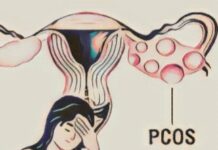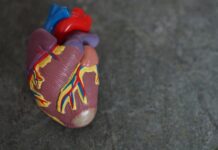The FDA has approved Itovebi for individuals with hormone-sensitive breast cancer that has recurred while or after undergoing endocrine therapy, such as tamoxifen. This approval is specific to patients with a genetic mutation known as PIK3CA and those whose cancer is HER2-negative, with HER2 being a protein that can influence cancer growth
In conjunction with the drug’s approval, the FDA also cleared a genetic test called FoundationOne Liquid CDx, which can identify individuals with the PIK3CA mutation. This mutation is found in approximately 40% of hormone-sensitive and HER2-negative breast cancers.
A researcher involved in the clinical trial for Itovebi described the drug as “a new standard in how PIK3CA-mutated breast cancers are treated.”
“The PI3K pathway plays a pivotal role in disease progression and has been challenging to target,” stated Komal Jhaveri, MD, a breast oncologist and clinical director for drug development at Memorial Sloan Kettering Cancer Center, in a news release from drugmaker Genentech.
Itovebi, whose generic name is inavolisib, is approved for use alongside existing treatments for this type of breast cancer recurrence, specifically the drugs Ibrance and Faslodex, with their generic names being palbociclib and fulvestrant, respectively.
As reported by webmd, in a clinical trial involving 325 participants, those who received the combination of the three medications experienced an average of 15 months before their cancer progressed or they succumbed to the disease (a metric known as progression-free survival). In contrast, patients who received only Ibrance and Faslodex had an average progression-free survival of just over 7 months, as reported by the FDA. While complete data is pending, initial findings suggest that the addition of Itovebi may contribute to longer survival.
Itovebi is administered as a daily tablet. The FDA approval indicated that the most common side effects, affecting 20% or fewer participants in the study, included laboratory test abnormalities, inflammation of the mouth or lips, diarrhea, fatigue, nausea, rash, decreased appetite, COVID-19 infection, and headache. The drug’s label also includes a warning regarding the risk of hyperglycemia, or elevated blood sugar levels.
























